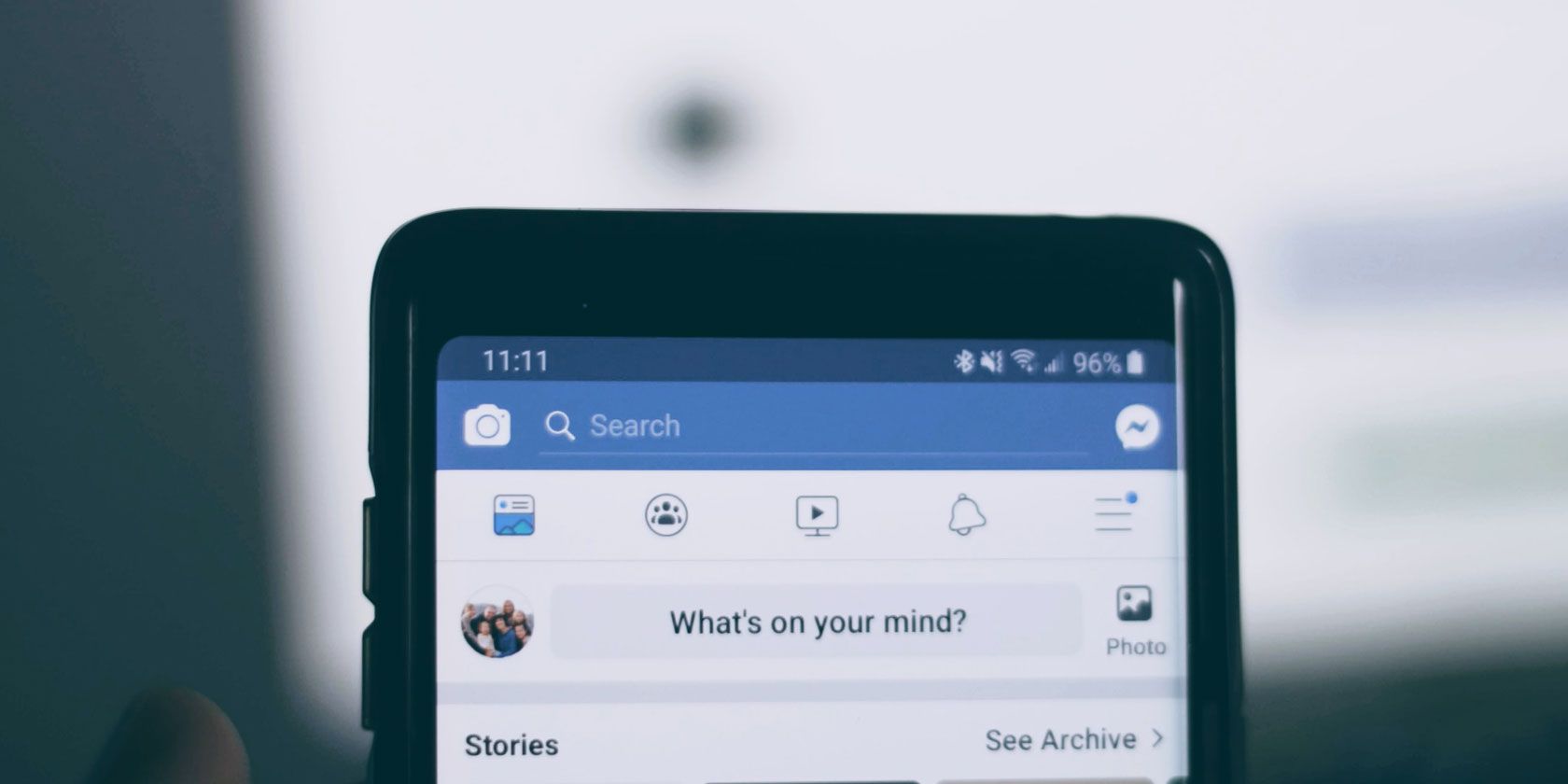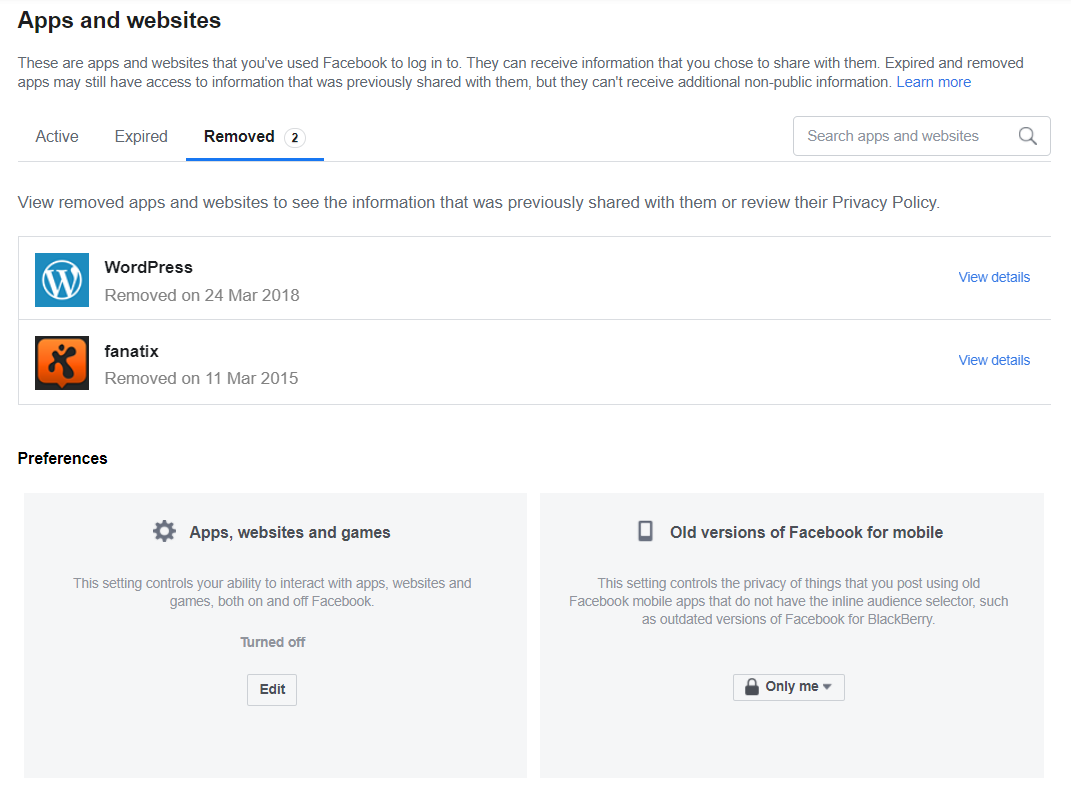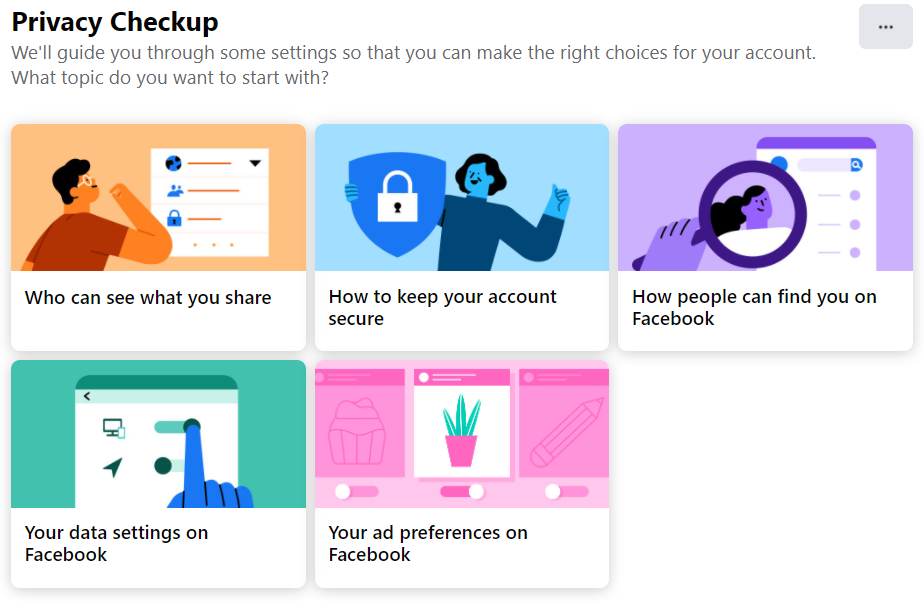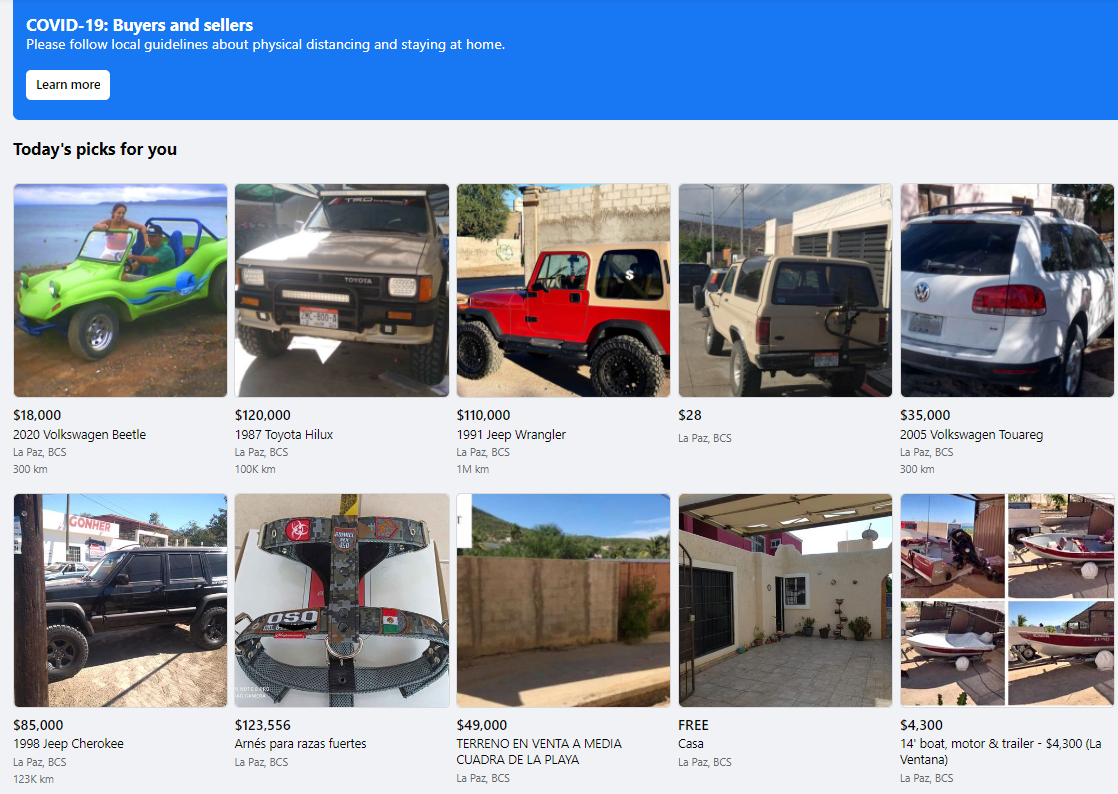Despite its flaws, Facebook remains a great resource. It lets you stay in touch with everyone from your old high-school friends to your colleagues and family, no matter where they are in the world.
But like any social network, it also has risks that you need to be aware of. So, what are the main Facebook issues you need to worry about as a user? Keep reading to find out...
1. Forgetting About Your Potential Audience
When you receive lots of friend requests, it might be tempting to accept them all. After all, you don't want to hurt anyone's feelings.
However, it's essential to remember who you have friended over time and who could be looking at your page. There are multiple examples of people who have said too much on Facebook and paid the price. Avoid posting things that might get you in trouble with your partner, boss, or the police.
Remember, one of the first things employers do when looking at job applicants is to find them on Facebook. Many applicants have had job offers rescinded after posting inappropriate content.
2. Insecure Third-Party Apps
Facebook third-party apps are some of the worst offenders for data harvesting anywhere in the social media world; they regularly misuse email addresses and user data.
Remember, cybercriminals only need a little of your personal information to take over your identity and apply for store cards or even commit crimes in your name.
Indeed, researchers have found links between third-party apps on Facebook and ransomware, unwanted targeted advertising, spam, and a whole lot more.
As such, it is important to carefully consider which third-party applications you allow on your Facebook account. To keep an eye on which third-party applications you have authorized, follow the steps below:
- Click on the arrow in the upper-right corner.
- Select Settings and Privacy from the menu.
- On the next menu, click Settings.
- Scroll down to Apps and Websites in the left-hand panel and click on the link.
- Select the Active tab at the top of the window.
You can use this screen to remove applications from your account and even block them from contacting you in the future.
3. Suffering From Social Media Addiction
Facebook is the king of sucking you in and keeping you on the site for hours on end. There are just so many things to do—chatting with friends, looking at photos, posting content, playing a game, searching for old friends, and so on.
It is all-too-easy to let Facebook get in the way of other things in your life, whether that's important chores or simply hanging out with friends in real life. Consequently, it is vital to limit your usage and take a break occasionally.
If you are struggling with Facebook addiction, there are a few things you can try:
- Use Facebook as a reward for completing another job.
- Remove a game that is taking up too much time.
- Take an entire break from Facebook for a week or so.
It might sound difficult, but there is a ton of evidence out there—both scientific and anecdotal—that shows reducing the amount of time you spend on Facebook will significantly improve your overall happiness levels.
4. Poorly Configured Privacy Settings
A staggering number of people still don't deploy even the most basic privacy settings. That often means anyone can see their profile, even if they don't have a Facebook account.
It also means you're making it a lot easier for bad actors to scrape your information. From there, it becomes a lot easier for them to commit identity fraud, hack your devices, or steal your banking information, all of which will cause significant real-world problems for you.
The easiest way to get an overview of your Facebook privacy settings is to use the site's Privacy Checkup tool. Follow these steps to get started:
- Log into the Facebook web app.
- Click on the arrow in the upper-right corner.
- Choose Settings and Privacy.
- Click on Privacy Checkup.
You will find five tools that you need to work through:
- Who can see what you can share
- How to keep your account secure
- How people can find you on Facebook
- Your data settings on Facebook
- Your ad preferences on Facebook
After you click on each tool, Facebook will provide some background information then guide you through all the appropriate settings for each area in a pop-up window.
For more information on Facebook security breaches, read our article on how to spot whether your Facebook account has been hacked.
5. Facebook Marketplace Scams
Facebook Marketplace was first introduced in 2007 but was a flop until its reboot in 2016. However, since the relaunch, it has grown to become one of the most-used selling platforms on the web.
With the increased popularity has come an increased number of scams. Some of the most common scams to watch out for include:
- Fake items: Bootlegged CDs, fake designer clothes, and even fake tech items are frequently listed. An untrained eye can easily fail to spot them.
- Strange Payment methods: Scammers will suggest non-mainstream payment options, often under the pretense of "avoiding fees." To stay safe, stick to PayPal or Facebook Checkout.
- Requests for early payments or shipping: If your seller asks for money upfront to "reserve the item" or "prove you're a serious buyer", it should set alarm bells ringing.
If you're buying a large item, you might have to meet the seller in person to pick it up. Make sure you do so in a public, well-lit location.
Read our list of tips for staying safe on Facebook Marketplace if you'd like to learn more.
6. Predators on Facebook
Sadly, all the major social media platforms have problems with predators. Facebook is no different.
According to Facebook's own terms of use, convicted sexual offenders aren't allowed to maintain a profile on the platform. In practice, however, it's very difficult to enforce.
Consider the story of Florida man Robert Gale Wojda who was on probation in early 2019 when his probation officer discovered he was having sexual conversations on Facebook with a 14-year-old girl in Georgia.
Richmond Police Detective Mary Gary Ford explained the situation to a local TV station, KTRE 9:
Part of his probation was that he was not supposed to be on social media of any kind, whatsoever. Thankfully his probation officer just checked, and she found a Facebook profile for him with his photo and you could tell he was actively liking posts. It was a very traumatic experience for [the girl], she was isolated and alone and containing all this inside herself for a long time. The frightening part is the number of people doing what they’re doing, and that’s just what’s being reported.
Although Wojda is now back behind bars and serving 20 years, the tale is a stark reminder for parents about the dangers of using Facebook. If you're a parent, make sure you're using a reliable parental control app and educate your children about online safety.
Of course, it's not even just kids who are at risk. Facebook launched a dating service in 2019. Many adults who use online dating apps will be all too familiar with the problems such services can create—fake profiles, lewd pictures, and inappropriate requests are commonplace.
Have Fun But Stay Safe on Facebook
The list of Facebook risks can be worrisome—it might even be enough to make you consider deleting your Facebook account entirely.
But you don't need to take such drastic steps. As long as you are aware of the risks, you can continue to enjoy Facebook. Just make sure you know what to do if you spot any of these issues becoming a bigger problem in your life.




